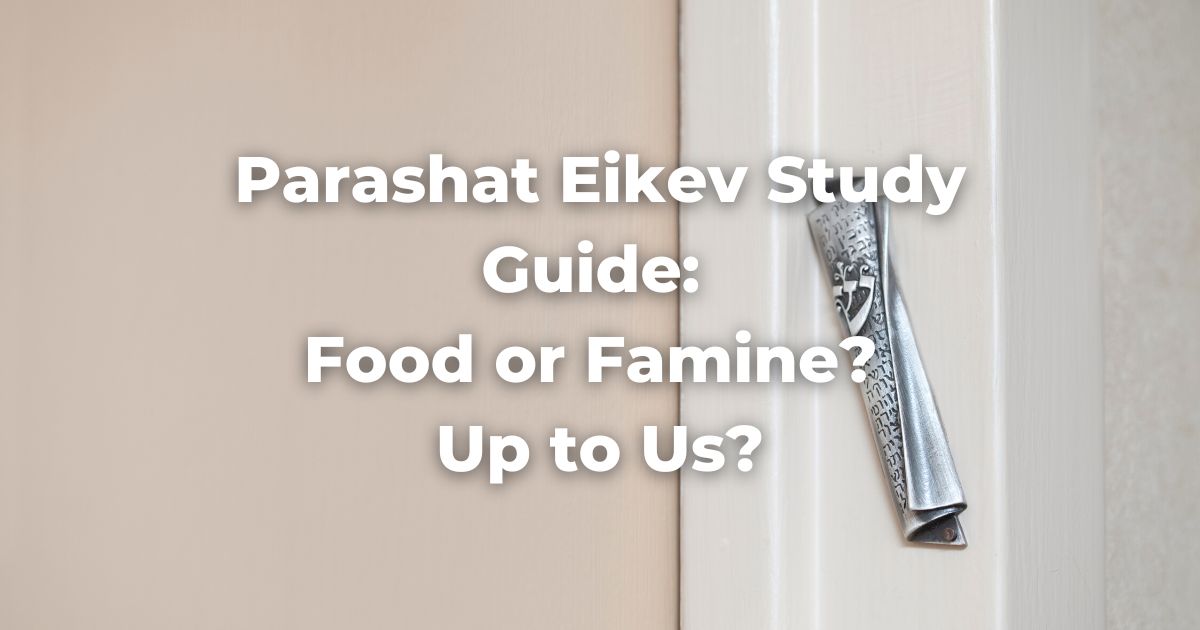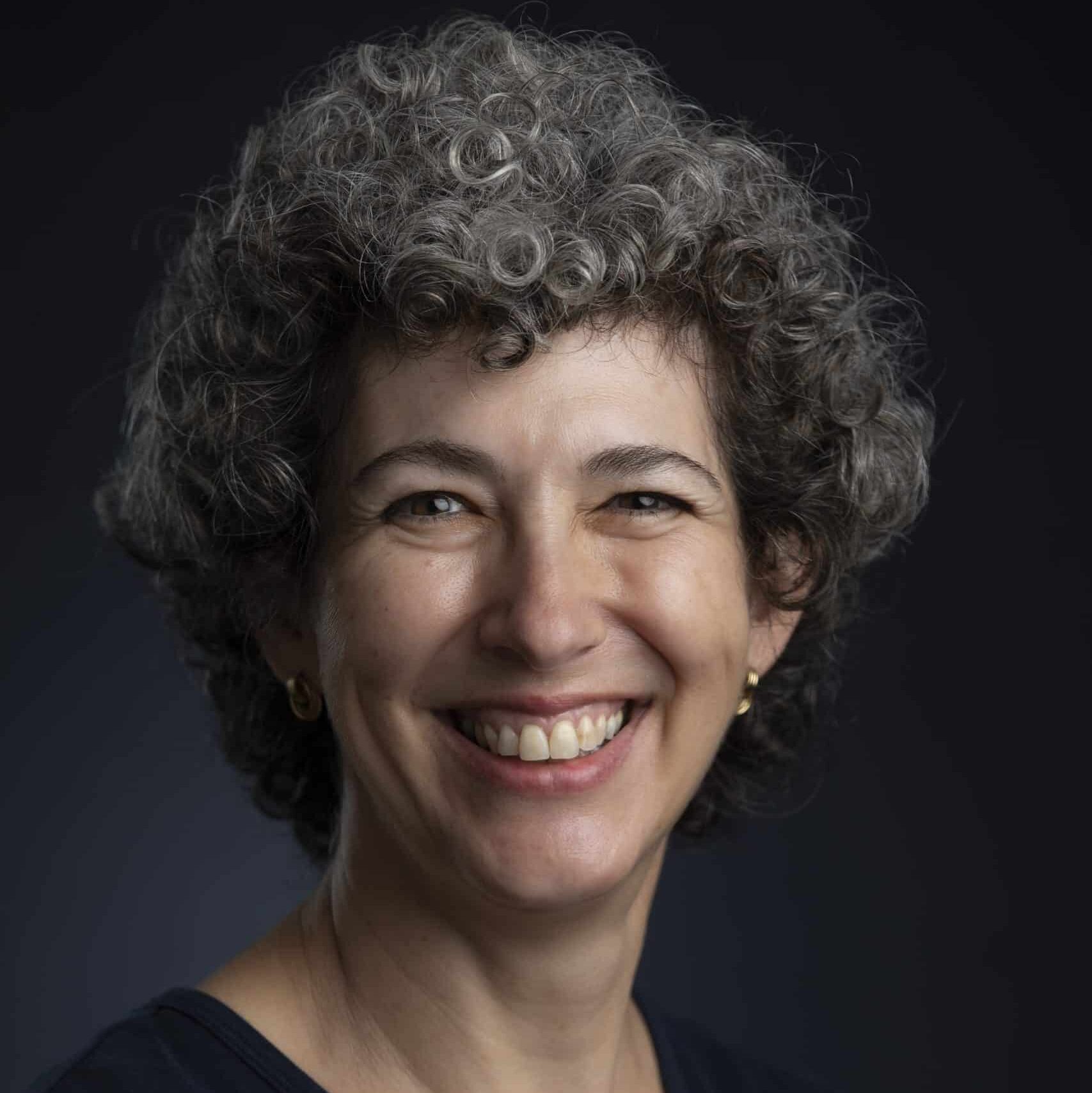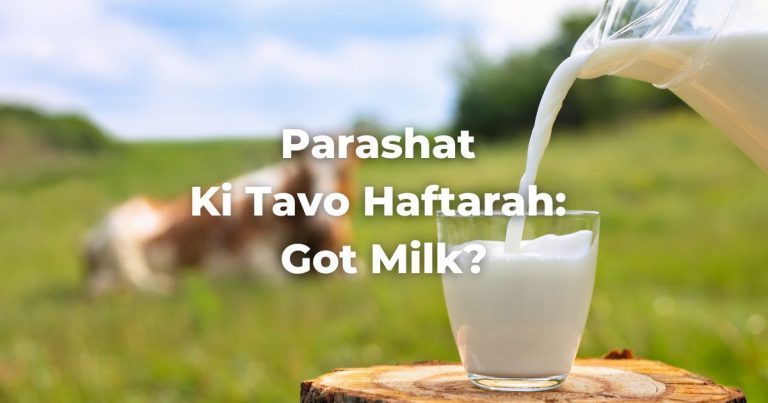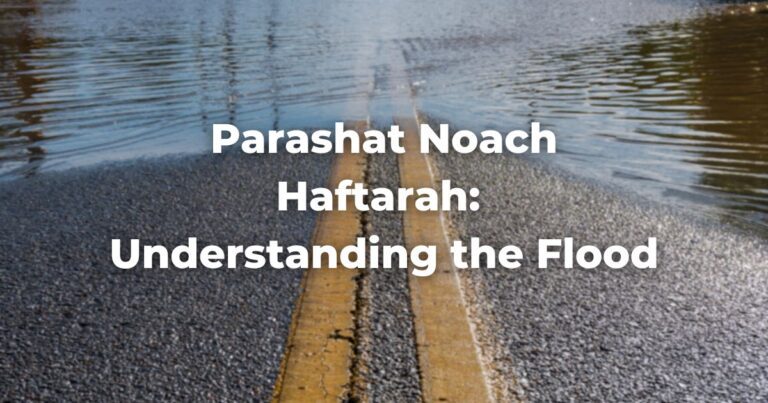Text: Devarim 11:13-21
13 ‘And it shall be that if you harken to My commandments which I command you today, to love the Lord your God and serve Him with all your heart and with all your soul, 14 then I will give the rain for your land in its season, the early rain and the latter rain, that you may gather in your grain, your new wine, and your oil. 15 And I will give grass in your fields for your livestock, that you may eat and be satiated.’ 16 Take heed to yourselves, lest your heart be deceived, and you turn aside and serve other gods and worship them, 17 lest the Lord’s anger be aroused against you, and He shut up the heavens so that there be no rain, and the earth will not yield its produce, and you perish quickly from the good land which the Lord is giving you. 18 And you shall put these words of mine in your heart and in your soul, and bind them as a sign on your hand, and they shall be as frontlets between your eyes. 19 You shall teach them to your children, speaking of them when you sit in your house…
- This is the second part of Shema. Much is similar to the first part, yet the rabbis identified a basic difference: The first part (in Devarim 6:4-9) speaks to the individual; this section addresses the community. What, in the conditions and promises in this section (as well as the language, if you are looking in the Hebrew) made the rabbis reach this conclusion?
- What is the reward for observing God’s mitzvot?
- What are the penalties for turning away from God? Are they a natural result or a deliberate punishment? How could the answer be ‘both’?
- How do the instructions starting in verse 18 connect to what came previously?
Commentary: Rashi on Devarim 11:16
Take heed—when you have eaten and are full, take heed to yourselves that you kick not against God; for usually no man rebels against the Holy One, blessed be He, except out of satiety…
- How does Rashi understand the potential sequence of events described in this section of Shema? What is the risk in all the good we could receive?
- Based on how the section continues from verse 18, what is the remedy for this risk? What aspects of the remedy help ward off this risk?
Commentary: Rashi on Devarim 11:18
And you shall put these words—Even after you have been exiled, make yourselves distinctive by means of My commands: lay Tefillin, attach Mezuzoth to your doorposts, so that these shall not be novelties to you when you return.
- Why are these specific Mitzvot answers to the risk of leaving God? Why are they even more important once we have been exiled?
See more: Parashat Eikev
Originally posted as part of the Conservative Yeshiva at the Fuchsberg Jerusalem Center’s Torah Sparks. Support TorahRefers to the first five books of the Hebrew Bible, the Tanakh, also called the Five Books of Moses, Pentateuch or the Hebrew equivalent, Humash. This is also called the Written Torah. The term may also refer to teachings that expound on Jewish tradition. Read more learning from the Fuchsberg Jerusalem Center/Conservative Yeshiva for leaders and seekers around the world here.
Authors
-

Vered Hollander-Goldfarb teaches Tanach and Medieval Commentators at the Conservative Yeshiva and is a regular contributor to Torah Sparks, FJC’s weekly message on the weekly Torah portion. She received her M.A. in Judaic Studies and Tanach from the Bernard Revel Graduate School of Yeshiva University and studied at Bar-Ilan University and the Jewish Theological Seminary. Before making aliyah, Vered taught at Ramaz School and Stern College in New York.
View all posts -



The Fuchsberg Jerusalem Center (FJC) is a home in the heart of Jerusalem where leaders and seekers can find an authentic place in Jewish tradition to call their own. FJC offers opportunities to study, pray and explore within an egalitarian and inclusive setting, creating multiple pathways for finding personal and communal meaning.
View all posts






